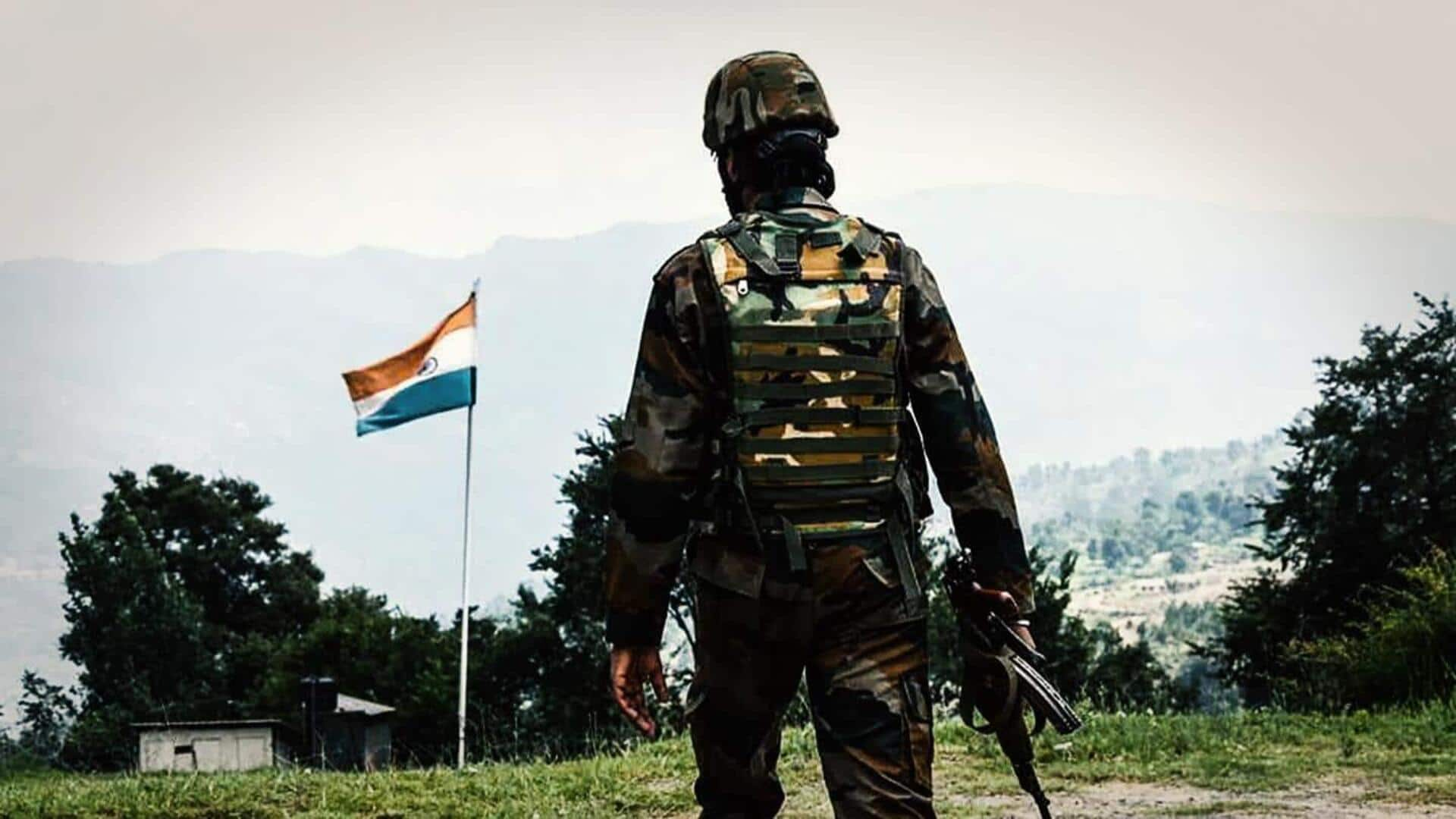
Why Delhi court quoted JFK while upholding soldiers' disability pension
What's the story
The Delhi High Court stressed how important disability pensions are for soldiers while upholding the decision to give two soldiers the grant.
The court said the very act of joining the forces is accompanied by risks of disease and disability.
"The bravest of soldiers is prone, given the conditions in which he serves the nation, to fall prey to bodily ailments which, at times, may be disabling in nature," said Justice C Hari Shankar and Justice Ajay Digpaul.
Compensation concerns
Court questions adequacy of compensation for soldiers
The court also questioned if soldiers' selfless devotion can ever be fully repaid.
Quoting John F Kennedy, the bench said, "'Ask not what your country can do for you; ask for what you can do for your country.'...while we sip our hot cappuccinos by the fireplace, [they] are braving icy winds..., willing to lay down their lives at a moment's notice."
"Can anything that the nation...give to these true sons of the motherland, ever be too much?" the court remarked
Disagreement
Court disagrees with medical board's ruling
The observations came while hearing two appeals by the Union of India against the Armed Forces Tribunal (AFT) awarding disability pensions to two ex-soldiers.
One of the soldiers, Gawas Anil Madso, was discharged in 2015 after being diagnosed with Diabetes Mellitus (DM) Type II.
A release medical board had concluded he would suffer 20% disability for life but was not entitled to a pension.
Proof clarification
Court clarifies burden of proof
The court disagreed with this decision, stating, "The RMB Report is completely bereft of reasons...the DM could be regarded as not attributable to military service."
The court also clarified that the burden of proof isn't only on the soldier.
"The army...have to show that the disease is not a result of military service," it said.
The court also ruled in favor of soldier, Amin Chand, who was denied pension despite being diagnosed with Peripheral Arterial Occlusive Disease during his service.